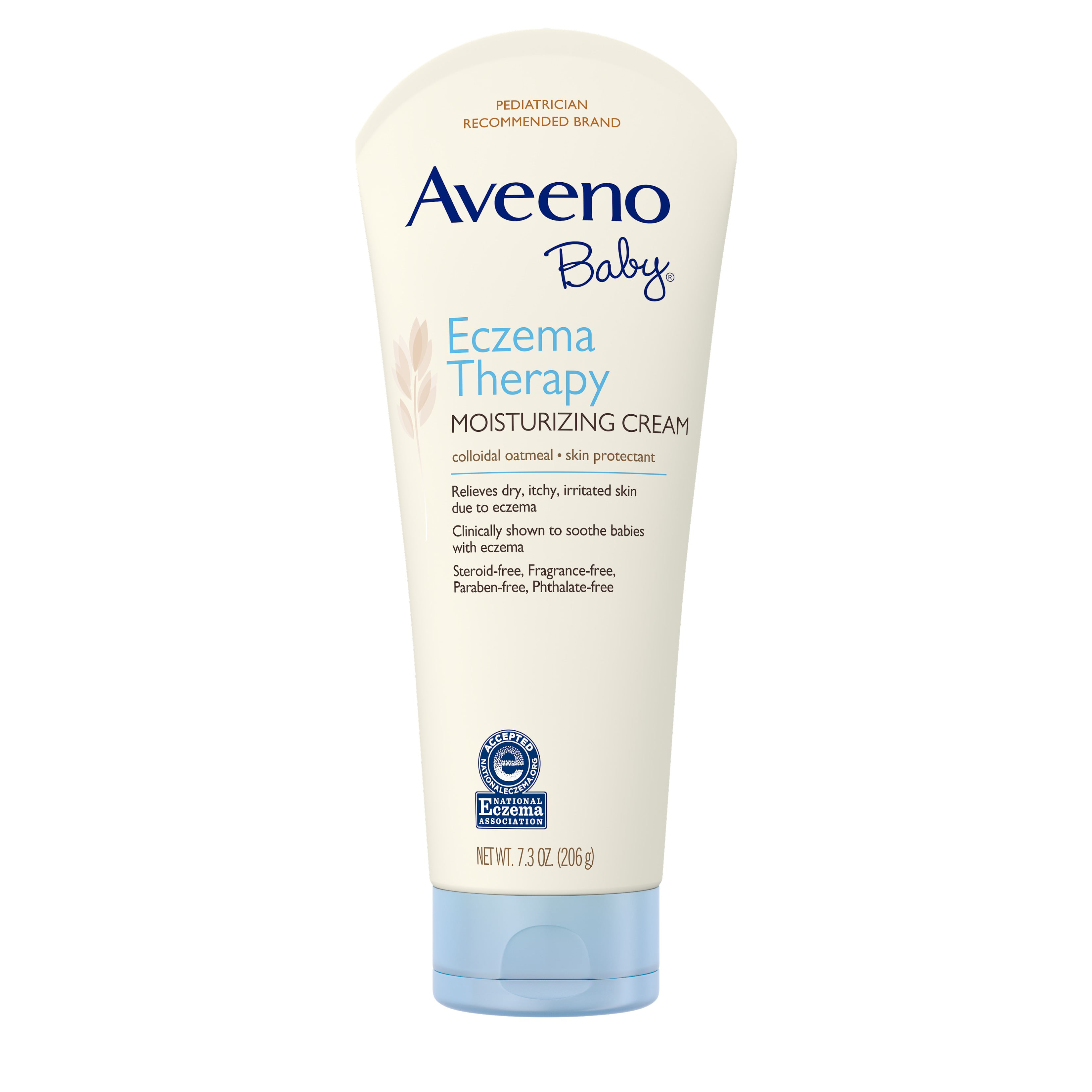

We relied on several different factors to pick the best eczema creams for babies. How we made our picks for the best eczema creams for babies You should also tell your pediatrician if you notice scabbing on baby's skin, since this could lead to an infection. They may recommend that your little one see a pediatric dermatologist, who can determine if baby needs a stronger steroid cream to ease symptoms. “Give any new product a minimum of two weeks to see if it works before abandoning it, as the body’s healing process takes time.”įinally, talk to your pediatrician if baby's eczema gets worse or doesn’t improve after baths and cream application.
#BABY ECZEMA CREAM TRIAL#
“Sometimes it is a trial and error,” says Dr. Jacks.ĭon’t get discouraged if your baby’s eczema doesn’t get better right away. Formulas don't necessarily need to be organic. “While it is easy to be led astray by buzzwords like ‘organic’ and ‘natural,’ parents should keep in mind that organic products are not inherently hypoallergenic, and in fact, many contain fragrances and botanicals that can further irritate the baby’s skin,” explains Dr.Fragrance may be irritating to your baby's already sensitive skin. Look for "fragrance-free" on the product label.Not only are lotions thinner, which means they won’t create as thick of a barrier on skin, but they also may contain alcohols that are drying or irritating. For babies with eczema, ointments and cream formulas will probably help ease symptoms more effectively than lotions. When choosing a product for an infant with eczema, keep these considerations in mind: Immediately after that, apply any topical medicine prescribed by your doctor and finish with a moisturizing cream.
#BABY ECZEMA CREAM SKIN#
To treat infant eczema, you might try keeping baby's nails short to prevent scratching, giving baby a lukewarm bath (let her soak for no more than 10 minutes) and patting baby's skin dry. “As such, the basis for treatment is good skin care.” “In most infants, eczema is not due to an allergy to foods or other triggers but instead reflects an intrinsic tendency for skin that is more dry and easily irritated by temperature, clothing and other external triggers,” says pediatric dermatologist Kara Shah, M.D., Ph.D., of Kenwood Dermatology in Cincinnati, Ohio. Itchy cheeks are usually one of the first signs of infant eczema, Dr. But the skin condition can show a little differently in infants. In adults, eczema usually appears as skin that is rough and dry. “Genetic factors certainly play a role, and babies who have at least one parent with eczema are two to three times more likely to get eczema. However, some babies have eczema even with no family history of the condition.” “We are not always sure what causes eczema in babies,” explains Stephanie Jacks, M.D., a pediatric dermatologist in Roseville, California. Many babies grow out of it, or at least see their symptoms improve over time. “For babies that are predisposed to eczema, their skin barrier is less and they feel itchy, leading them to rub their skin on surfaces to get rid of the itch.” What should parents know about baby eczema?Įczema in babies is common. “Eczema is said to be the itch that rashes,” explains Alexandra Clark, M.D., division chief of general pediatrics at Loma Linda University Children’s Health in Loma Linda, California. If your baby is irritable or fussy, constantly rubbing her skin and has a rash that appears pink or red (in children with lighter pigmented skin) or red-brown, purple or grayish (in children with darker pigmented skin), it's possible that she has eczema.


 0 kommentar(er)
0 kommentar(er)
